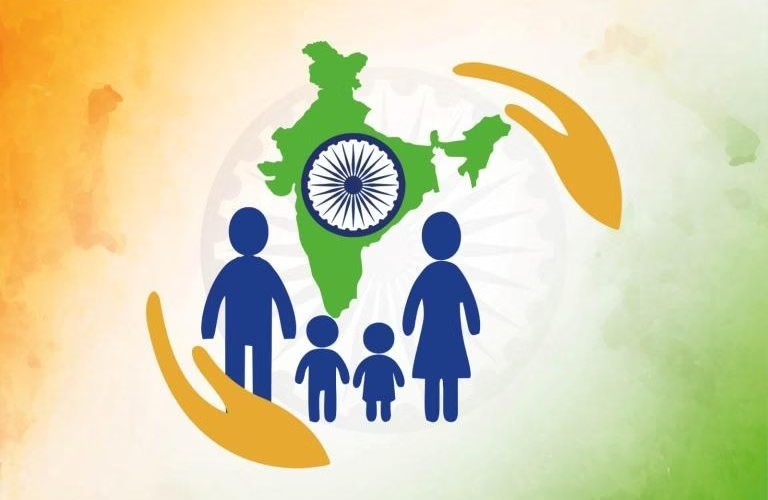Jyotirao Phule
Phule was born on April 11, 1827, and belonged to the Mali caste of gardeners and vegetable farmers. He was bestowed with the title of Mahatma on May 11, 1888 by a Maharashtrian social activist Vithalrao Krishnaji Vandekar.
Phule along with his followers formed Satyashodhak Samaj in 1848 which meant ‘Seekers of Truth’ in order to attain equal social and economic benefits for the lower castes in Maharashtra. The Satyashodhak Samaj dedicated towards the removal of the socio-economic backwardness of Dalits was even supported by Chhatrapati Shahu, the Maratha ruler of Kolhapur state.
While there was hardly any scope for education when he was growing up, having lost his mother at a very young age, there was believed to have been a man from Mali caste itself, who recognised his skills and intelligence and requested his father to allow him to attend the local Scottish Mission High School, from where he completed schooling in English in 1847.
He was married off when he was only 13, and was personally rebuked in 1848, while attending the wedding of a Brahmin friend. With time, he realised the state of women in society and challenged it by first educating his wife Savitribai, and then starting an indigenously-run school for girls in Pune.
The couple went on to open a school for girls in Bhidewada, Pune, in 1848. This became the country’s first girls’ school. Many more such schools were opened for girls, Shudras and Ati-Shudras (the backward castes and Dalits, respectively) in Pune, leading to discontent among Indian nationalists like Bal Gangadhar Tilak. They opposed the setting up of schools for girls and non-Brahmins, citing a “loss of nationality”, and believing not following the caste rules would mean a loss of nationality itself.
Savitribai Phule
Savitribai was a Dalit woman from the Mali community, born on January 3, 1831, in Maharashtra’s Naigaon village. She was married off at the tender age of 10 to Jyotirao Phule.
Savitribai started the Balhatya Pratibandhak Griha (‘Home for the Prevention of Infanticide’) for pregnant widows facing discrimination. This was inspired by a turn of events wherein a young Brahmin widow was sentenced to life imprisonment in the Andamans after she killed her newborn child. The man who had raped the illiterate widow refused to take up any responsibility for the child, driving the widow to infanticide.
Savitribai Phule also advocated inter-caste marriages, widow remarriage, and eradication of child marriage, sati, and dowry systems, among other social issues. The Phules also adopted Yashwantrao, the child of a widow, whom they educated to become a doctor.
There are many accounts of the resistance Savitribai faced while she was campaigning for the education of women. In the initial days of her campaign, she encountered humiliation and physical violence where people would throw mud and stones at her.
At her husband’s funeral procession on November 28, 1890, Savitribai again defied convention and carried the titve (earthen pot). Walking ahead of the procession, Savitribai was the one who consigned his body to the flames, a ritual which is still predominantly carried out by men.
Savitribai became involved in relief work during the 1896 famine in Maharashtra and the 1897 Bubonic plague. She contracted the disease while taking a sick child to the hospital, and breathed her last on March 10, 1897.
Source: Indian Express


